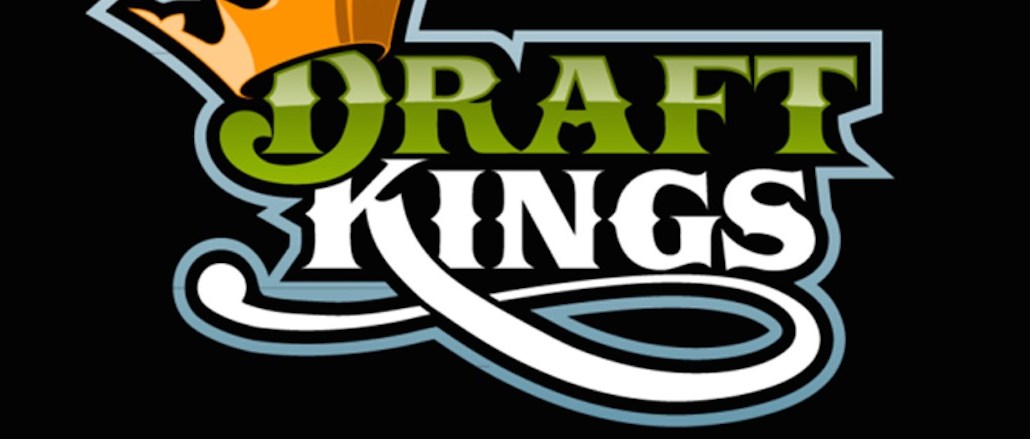
Top fantasy sports sites FanDuel and DraftKings have dropped off the mobile ad market and seem to have stopped buying app-install ads, in particular, over the past month.
“They’ve turned off all of their mobile advertising campaigns,” said Wes McCabe, a product marketing manager at Sensor Tower, which tracks spend across mobile ad networks. “We’ve seen a few stray ads for DraftKings on [ad exchange] Inmobi, but my hunch is that those are campaigns that are finishing their pacing. We haven’t seen an ad for FanDuel since mid-October.”
This is a dramatic fall-off for two of the biggest app spenders, who had been the most visible properties pushing installs and other digital campaigns at the start of the football season.
DraftKings did not return a request for comment.
FanDuel said that the dip in digital spending corresponds to its natural marketing cycle but did not address questions about why it would so drastically cut ads when it also runs games for sports year round.
“Our advertising spend is seasonal,” FanDuel said in a statement to Digiday. “It peaks at the beginning of NFL season and declines as the season goes on.”
On Tuesday, The Wall Street Journal reported that FanDuel and DraftKings have pursued a quieter strategy on television as well, where they also spent prolifically. The size of the fantasy companies’ total marketing budgets is unclear, but there have been estimates that they spent more than $200 million on TV alone.
The fantasy sports industry has attracted the notice of some states, which claim they are tantamount to illegal gambling, a charge the companies are fighting. Also Tuesday, FanDuel shut down operating in New York, where it was being probed by the attorney general, but the company said it hoped to win in the return after winning in the courts.
It seems that instead of spending on app-install marketing, FanDuel’s budget is now focused on advocacy.
“There has also been a shift in spend toward advertising for Fantasy Sports for All, a grassroots effort to protect fantasy sports,” the company said.
Sensor Tower, which calculates the share of voice each sponsor has on multiple platforms and ad networks, said that FanDuel and DraftKings stopped spending immediately after Nevada banned the sites in the middle of October.
The seasonal change in spending “does seem to hold some truth,” McCabe said. “But it’s pretty timely to me that all of their spending stopped a couple of days after the first ban in Nevada.”
At its peak spend, FanDuel was the top advertiser on Instagram, accounting for 15 percent of the ads, according to Sensor Tower. But it is unclear if the fantasy companies stopped spending because they faced pressure from platforms to discontinue marketing. Facebook-owned Instagram declined to comment on specific advertisers on its network and their strategies.
DraftKings and FanDuel had been spending so much at the start of the football season that they were ahead of the ubiquitous Game of War in downloads in September. In October, DraftKings generated between 15,000 and 25,000 downloads a day, but in early November, downloads were between 8,000 and 15,000 daily, according to SensorTower.
FanDuel saw a similar drop. “Their [share of voice] across all of the networks that we track is now zero percent,” McCabe said.
More in Media

In Graphic Detail: The scale of the challenge facing publishers, politicians eager to damage Google’s adland dominance
Last year was a blowout ad revenue year for Google, despite challenges from several quarters.

Why Walmart is basically a tech company now
The retail giant joined the Nasdaq exchange, also home to technology companies like Amazon, in December.

The Athletic invests in live blogs, video to insulate sports coverage from AI scraping
As the Super Bowl and Winter Olympics collide, The Athletic is leaning into live blogs and video to keeps fans locked in, and AI bots at bay.





